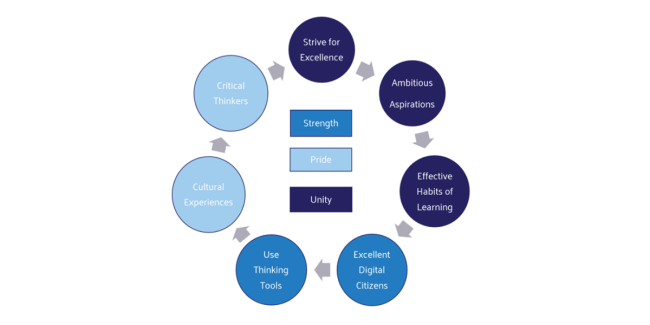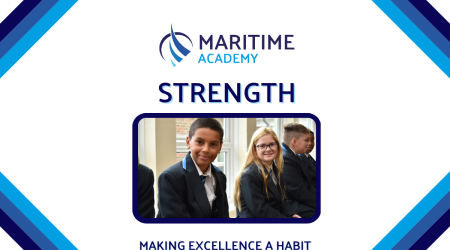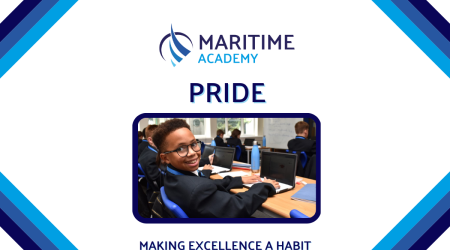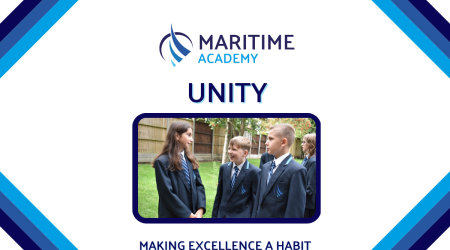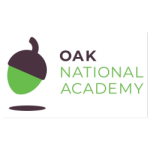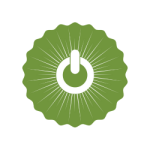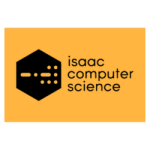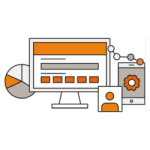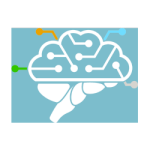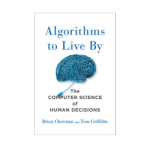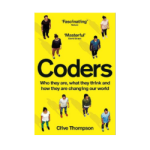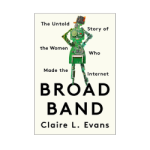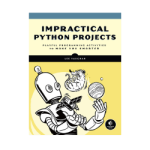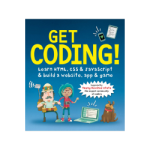Curriculum Intent
- In Computing, our students show confidence in being good digital citizens through ensuring that students are well-equipped to navigate the digital world safely, critically evaluate information, and engage with technology in an ethical and informed manner.
- In Computing, our students develop their knowledge and skills of the ‘three pillars’ of Computing (Computer Science, Information Technology and Digital Literacy) enabling them to purposefully use hardware and software.
- In Computing, our students develop critical thinking through being digitally literate, which prepares them for future careers and jobs across different sectors.
